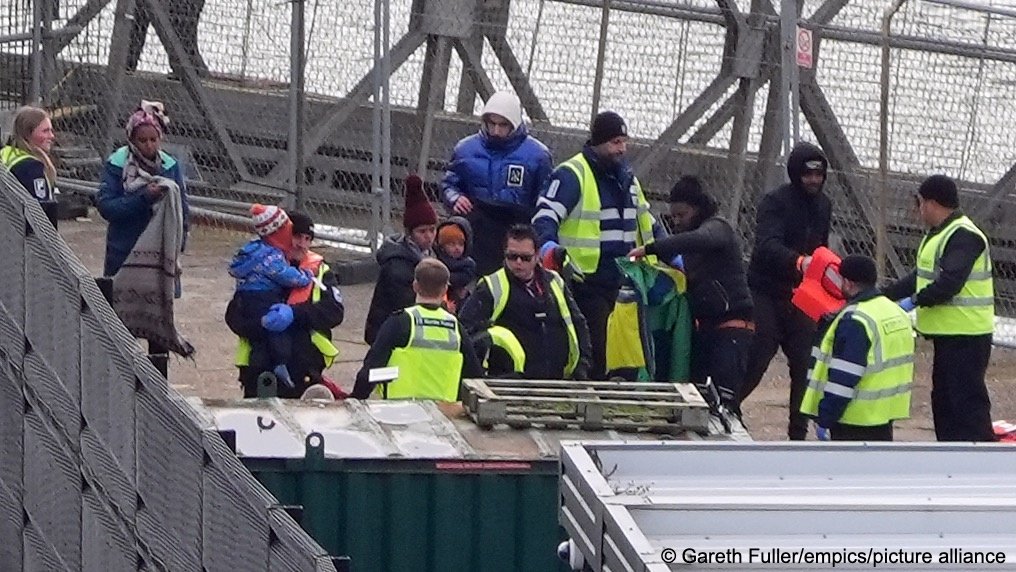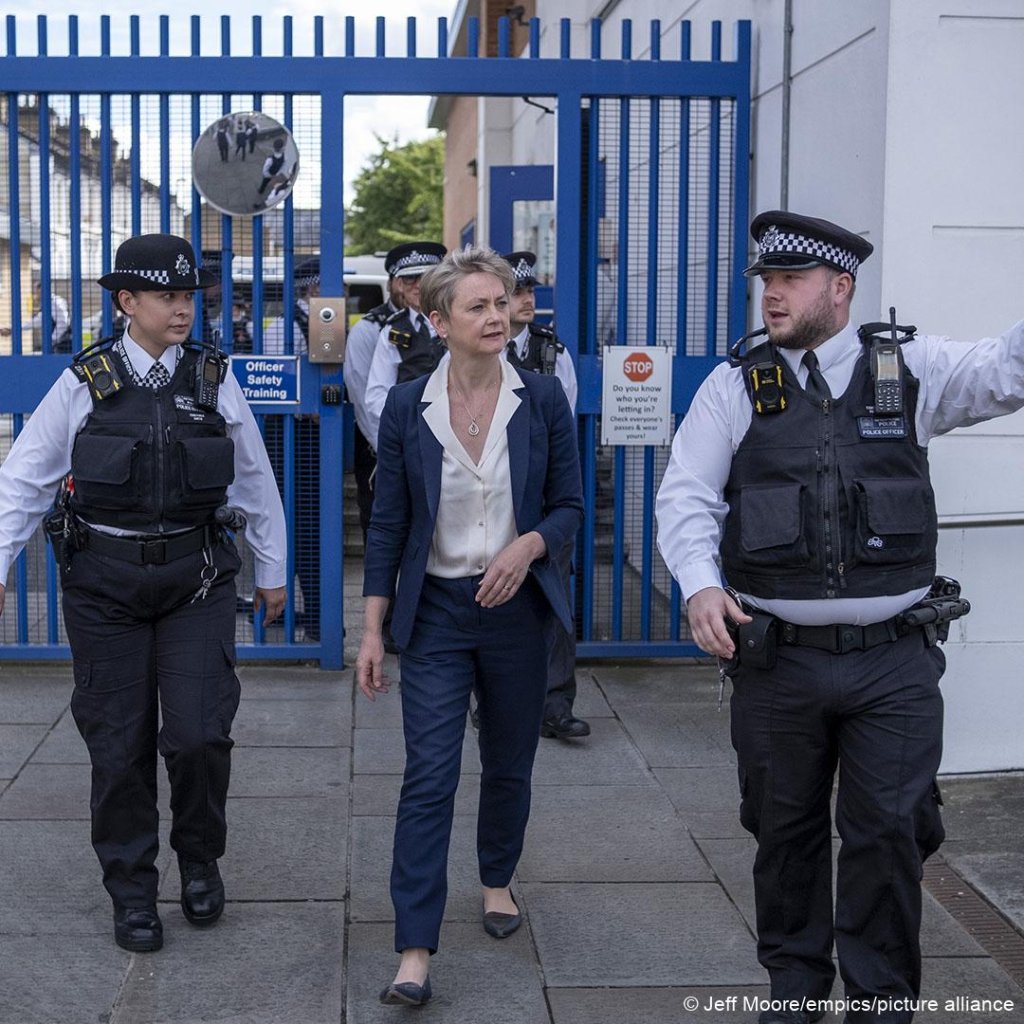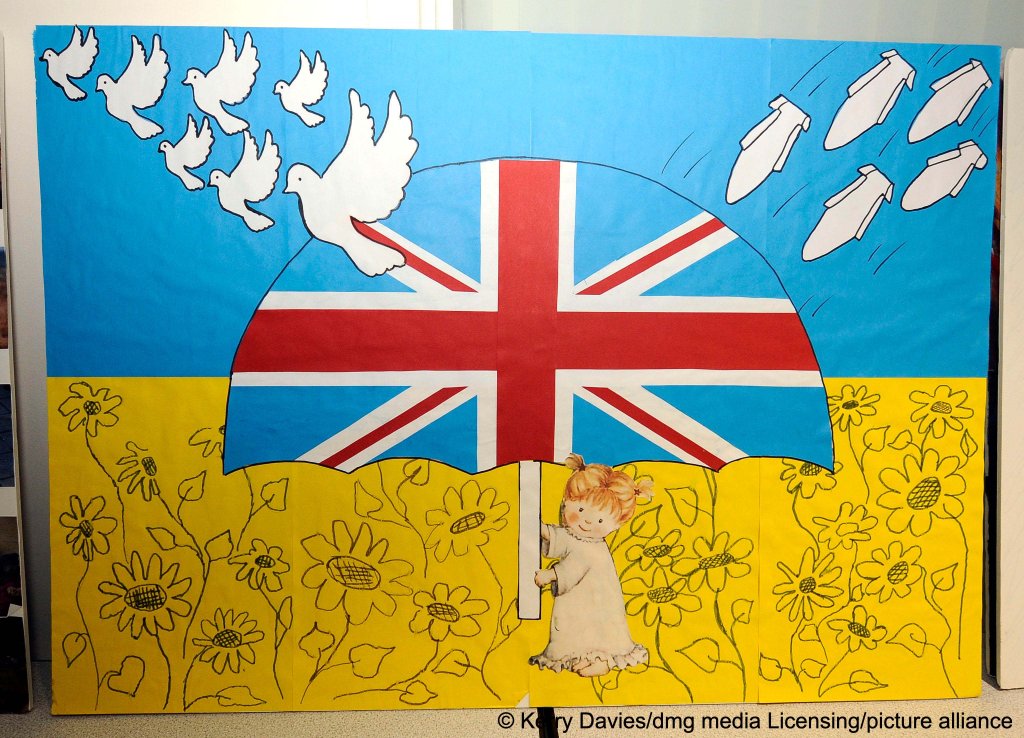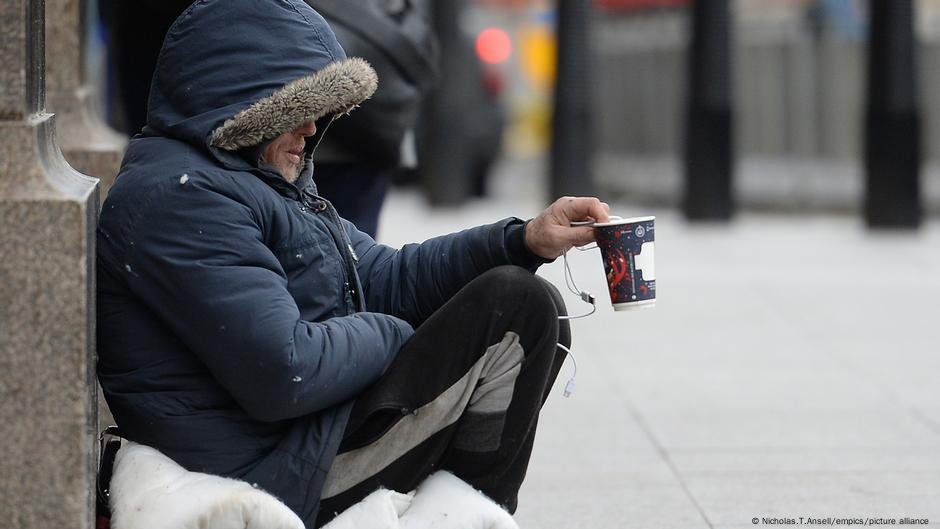This week, the UK government announced it was toughening up its immigration rules, to make it impossible for undocumented migrants arriving on small boats to receive citizenship at a later date.
The announcement comes after new guidance was published on Monday (February 10) in a government policy paper. The guidance is intended to help Home Office officials decide how to consider "whether a person applying for British citizenship meets the good character requirement."
One of the biggest changes since the guidance was last issued, notes the document is the section that includes those who have "illegally" entered the UK will "normally be refused citizenship, regardless of when the illegal entry occurred."
According to an estimate by the UK’s Refugee Council, the new guidance could prevent as many as 71,000 people from obtaining citizenship, if enforced. Children, reported the iNewspaper, might be exempt, if it could be shown that their "illegal entry" was not in their own control.
Read AlsoUK: Study finds migrant care staff 'exploited by rogue employers'
'Refused citizenship'
Contained within the policy paper on nationality, was guidance that stated: "A person who applies for citizenship from February 10, 2025, who has previously arrived without a required valid entry clearance or electronic travel authorization, having made a dangerous journey will normally be refused citizenship."

The guidance said that a "dangerous journey includes but is not limited to, traveling by small boat or concealed in a vehicle or other conveyance."
"This guidance further strengthens measures to make it clear that anyone who enters the UK illegally, including small boat arrivals [across the Channel] faces having a British citizenship application refused," confirmed a spokesperson from the Home Office (Interior Ministry), reported the French news agency Agence France Presse (AFP).
Up until now, reports the BBC, those granted refugee status who arrived by irregular routes would need to wait ten years before being considered for citizenship.
Stricter controls
The Labour government is under pressure to reduce migration. Since taking power last July, the government has changed some of the rhetoric surrounding migration, but has continued with many of the measures that were present under the former Conservative government.
As British Home Secretary (Interior Minister) Yvette Cooper said during a House of Commons debate on the new immigration bill proposed by her government, "the last Conservative government completely lost control of our borders. Net migration quadrupled in the space of three years to a record high of nearly one million people." This, said Cooper, is why the current government needs to more strictly control and manage migration.

Cooper pointed out that in 2018, around 300 people crossed the Channel by small boat, but within four years that number had risen to more than 30,000 per year "a 100-fold increase, which not only undermines our border security but puts huge numbers of lives at risk."
The new measure announced on Wednesday came under fire from groups supporting migrants in the UK, as well as some Labour lawmakers. Stella Creasy, the Member of Parliament (MP) for Walthamstow in East London, a borough that hosts a great number of different ethnic backgrounds and communities who have migrated to the UK over the years, questioned whether the move would help the process of integration.
Read AlsoUK to roll out new sanctions to go after smuggler networks and manufacturers of boats
'Counterproductive'
Writing on the social media platform X, Creasy stated: "If we give someone refugee status, it can’t be right to then refuse them a route to become a British citizen." She said that the effects of the policy could be that some people would be regarded forever as "second class citizens."
Speaking to the BBC Radio 4 Today program, Creasy called the change "counterproductive." She concurred that the government wants to stop the boats and remove the power of smuggling gangs, but said that people with recognized refugee status in the UK should later be allowed to apply for and receive citizenship if they met all the conditions.
On Monday (February 10), the government’s new immigration bill was put to one of a series of votes as part of its passage towards law in the lower house, the House of Commons. Creasy voted in favor. On BBC Radio 4, she said, "I want to be clear, I voted for the legislation on Monday, because I think absolutely it is important that we repeal the Rwanda legislation and the madness and the money we spent on that scheme, and that we do actually support a border force. This change was not part of that process."
Creasy went on to say that she felt the new changes were not sending the right message to people who might be fleeing persecution and would eventually want to make a new life in the UK. "I am clear that we want our borders to be secure, that people who exploit people fleeing persecution should be tackled and the gangs that are running the boats should be stopped. But ultimately, we are proud that we have played that role [supporting people fleeing persecution], and if you come here, and you have been given refuge, we are talking about people who have been given refuge, people who have got leave to stay in the country, there should be a route for you to become part of our country."
'Change flies in the face of reason'
The UK’s Refugee Council has also condemned the new policy direction. In a statement released on February 11, the CEO of the Refugee Council, Enver Solomon, stated: "This change flies in the face of reason. The British public wants refugees who have been given safety in our country to integrate into and contribute to their new communities, so it makes no sense for the government to erect more barriers."

Solomon added that over the years, so many people who originally came to Britain and were recognized as refugees became British citizens and were proud to give back to the country that had hosted them. "So many refugees over many generations have become proud hard-working British citizens, as doctors, entrepreneurs and other professionals. Becoming a British citizen has helped them give back to their communities and this should be celebrated, not prevented. We urge ministers to urgently reconsider."
The immigration barrister and author Colin Yeo, founder of the Free Movement website and blog said that he believed the new guidance to be a "clear breach of the refugee convention."
According to the Free Movement blog, the Home Office issued the new guidance to "replace the citizenship ban contained within the Illegal Migration Act 2023."
Read AlsoUK asylum system under scrutiny for severe housing failures
A breach of the refugee convention?
Writing on Bluesky, Colin Yeo said the guidance was "bad, full stop. It creates a class of people who are forever excluded from civic life no matter how long they live here. It’s also a clear breach of the refugee convention."
He underlined that Article 31 of the UN Refugee Convention states that "the contracting states shall not impose penalties, on account of their illegal entry or presence, on refugees." According to Free Movement, someone who is granted refugee status cannot apply for a passport from their home country, because they are judged to be in danger from that country, which is why they were granted refugee status in the first place.
That means that people who arrived by irregular means and were then granted refugee status will "forever be locked out of a citizenship they can actually use, and will be stuck using a refugee travel document for travel, which is not a straightforward process."

In a policy paper, published on January 30, 2025, the British government stated that their new proposed Border Security, Asylum and Immigration Bill will allow them to "strengthen the UK’s response to border security threats."
To do so, the government says they will be repealing some of the provisions contained in the former Conservative government’s Illegal Migration Act, which was passed in 2023. They will also repeal the Safety of Rwanda (Asylum and Immigration) Act, which was passed in 2024 and was meant to declare Rwanda a safe country to allow the UK government to continue with its plan to send asylum seekers to that country to be processed and offered asylum there if they qualified.
'It should be governments, not gangs, who decide who enters our country'
In answers in the Commons, Cooper said she believed that Britain needs to help people fleeing situations like the war in Ukraine, or the Taliban in Afghanistan, but that they needed to deter people from getting on the small boats and being exploited by criminal gangs.
Cooper stated the gangs were making "hundreds of millions of pounds from putting lives at risk and undermining our border security," and it should be "governments not gangs, who decide who enters our country."
The Home Secretary underlined that she believed her government was now making progress in reducing the backlog and making sure people respected the rules. She in the first seven months of the Labour government’s rule, there had been a 24 percent increase in enforced returns, for those who have no right to be in the UK.
"Some 19,000 people were returned by the end of last month [January]," stated Cooper, "including the four largest return charter flights in our country’s history, and there has been a 38 percent increase in illegal working raids and arrests compared with the same time period under the previous government."
Cooper added that they had rolled out "new biometric kits… so that immigration enforcement can check fingerprints, and biometric residence permits on the spot, and we are already strengthening our approach to prosecuting employers for exploitation and employment of illegal workers."
